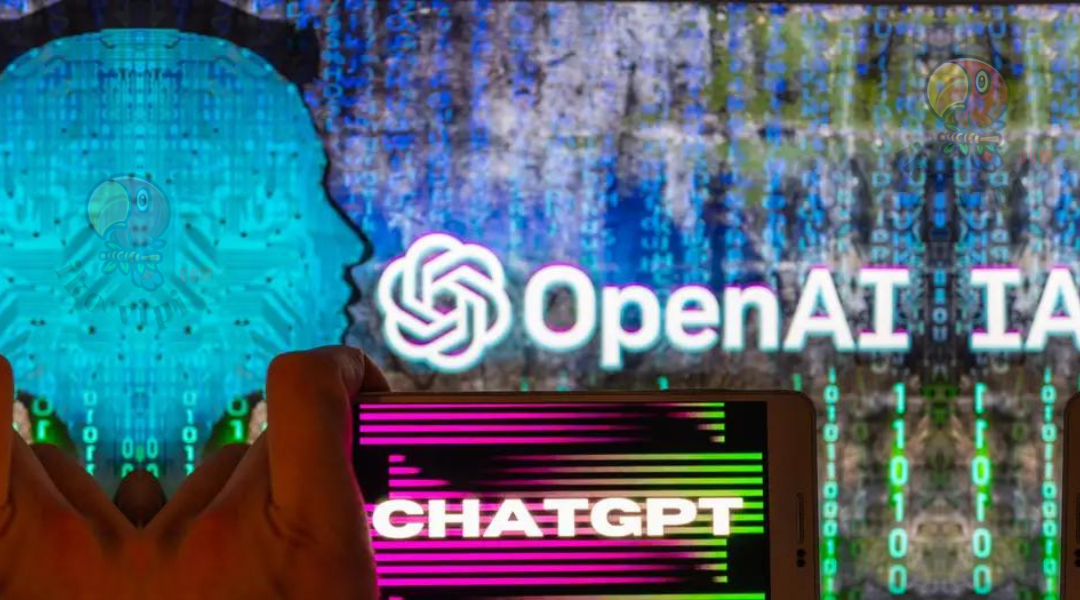In the realm of technology and artificial intelligence (AI), ChatGPT has emerged as a revolutionary game changer. Developed by OpenAI, ChatGPT is an advanced language model based on the GPT-3.5 architecture.
With its remarkable ability to understand and generate human-like text, ChatGPT has paved the way for transformative applications in various industries. Lets explore on the impact of ChatGPT on technology and AI.
Basic Introduction
ChatGPT is a state-of-the-art language model that utilizes deep learning techniques to process and comprehend natural language. Its training data is vast and diverse encompassing a wide range of texts from books, articles, websites, and other online sources.
The model learns patterns, context, and semantics from this extensive dataset, enabling it to generate coherent and contextually appropriate responses to a given prompt.
Conversational AI
One of the most significant impacts of ChatGPT is in the domain of conversational AI. Prior to its development, chatbots and virtual assistants often struggled to hold meaningful and dynamic conversations with users.
ChatGPT has changed this narrative by providing an AI-powered conversational partner that can understand context, respond intelligently, and adapt its answers based on the user’s inputs. Businesses have integrated ChatGPT into customer support systems, enhancing user experiences and reducing response times.
Content Creation and Writing Assistance
ChatGPT has revolutionized content creation and writing assistance. Writers, bloggers, and content creators leverage the model to overcome writer’s block, improve language fluency, and generate fresh ideas.
By simply inputting a prompt, writers can receive suggestions, summaries, or even full paragraphs to complement their work. This not only boosts productivity but also enables writers to explore new avenues for creativity.
Education and Learning
In the education sector, ChatGPT has transformed the landscape of personalized learning. With its vast knowledge base and ability to explain complex concepts in a comprehensible manner, ChatGPT serves as an invaluable tool for students seeking additional explanations and insights. It can provide answers to specific questions, clarify doubts, and even offer interactive learning experiences, tailored to the individual’s pace and preferences.
Language Translation and Localization
ChatGPT’s proficiency in understanding and generating text in multiple languages has made it a game changer in language translation and localization. Its capabilities have been utilized to develop advanced translation services, bridging linguistic barriers and facilitating global communication.
Businesses can now expand their reach to international markets with the help of accurate and contextually appropriate translations.
Ethical Considerations
While ChatGPT’s capabilities are undoubtedly impressive, its rapid development has raised ethical concerns. There are concerns about misinformation, potential biases in the data, and the responsibility of handling sensitive information. OpenAI has been actively working on addressing these issues by incorporating safety measures, promoting transparency, and involving the wider community in AI development.
inConclusion ChatGPT has undoubtedly emerged as a game changer in the fields of technology and AI. Its advanced language processing abilities have revolutionized conversational AI, content creation, education, language translation, and more. As we continue to harness the potential of ChatGPT, it is crucial to navigate the ethical considerations and ensure responsible AI development. With constant advancements and improvements, ChatGPT paves the way for a more intelligent and interconnected world, where humans and AI can collaborate seamlessly to create a better future.
